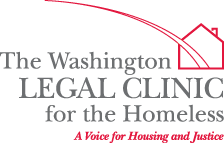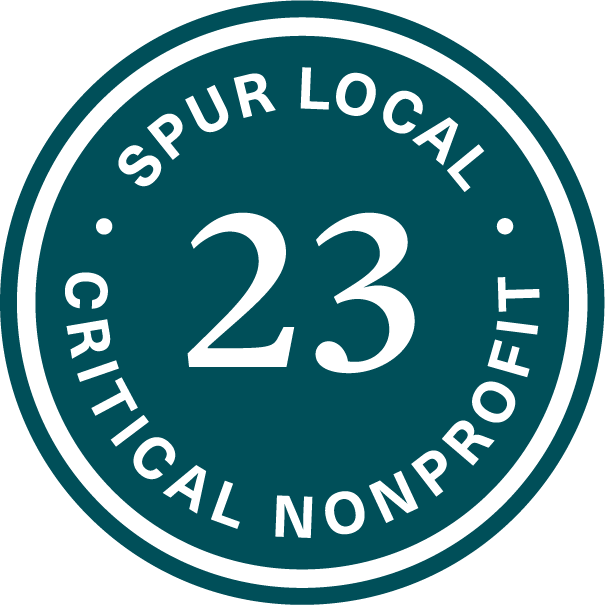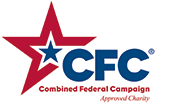Last Thursday, Mayor Gray released his proposed FY14 Budget, titled “Investing for Tomorrow.” We were eager to see the details of the Mayor’s earlier commitment to invest $100 million in affordable housing and were glad to see programs like the Housing Production Trust Fund and the production side of the Local Rent Supplement Program get some much needed funding. We were also relieved that there were no major cuts in funding to already existing human services programs and happy to see investments in TANF that will help delay sanctions and replace reduced federal funding.
While we applaud the Mayor in following through on his earlier commitment to invest $100 million in affordable housing, his proposed budget fails to “invest in today” despite the very real and very urgent housing crisis that many of our neighbors are experiencing right now. As you can imagine, building or renovating units to make affordable housing takes time. It might take two or more years before any of the housing funded by the Mayor’s proposal become available to DC residents. In the meantime, hundreds of children go without emergency shelter every year because DC shelters are full, and thousands of children are spending their formative years homeless, struggling much harder than their peers to learn and thrive merely because of an absence of affordable housing. Their parents are working as hard as they can to support them, but the cost of housing is out of reach to many parents who are employed full-time with good jobs, much less those still suffering through the job loss or reduced hours associated with the recession.
It’s not only children who desperately need housing assistance today. Our chronically homeless neighbors with serious disabilities have no immediate housing assistance to look to, and haven’t for years; our seniors continue to live in crowded communal shelters or on the street where they’re more vulnerable to falling ill or being victimized and abused; and our homeless neighbors with HIV/AIDS face drastically lower health outcomes than those with housing. (In fact, studies show that mortality rates are reduced by 80% when homeless persons with AIDS are provided with housing.)
The Mayor’s FY14 investments in affordable housing are a good start. But unless they are paired with investments in affordable housing programs that meet the needs of DC residents who are in extreme housing crisis today, such as the tenant vouchers through the Local Rent Supplement Program and the Department of Human Services’ Housing First program, thousands of DC residents will remain at risk while they wait for those units to be built. A more balanced approach would provide affordable housing to people today as well as tomorrow.
In early March, the Fair Budget Coalition submitted a comprehensive and specific list of affordable housing recommendations to the Mayor. Now that the FY14 budget is in the hands of the DC Council, we hope that Councilmembers find resources to address the urgent needs of our homeless neighbors, particularly children, seniors, and those with serious health conditions. Our recommendations reflect more than an effort to put our collective finger in the dam of homelessness; instead they reflect our community’s desire to end homelessness completely for populations who are at greatest risk of harm from having no stable place to call home.





